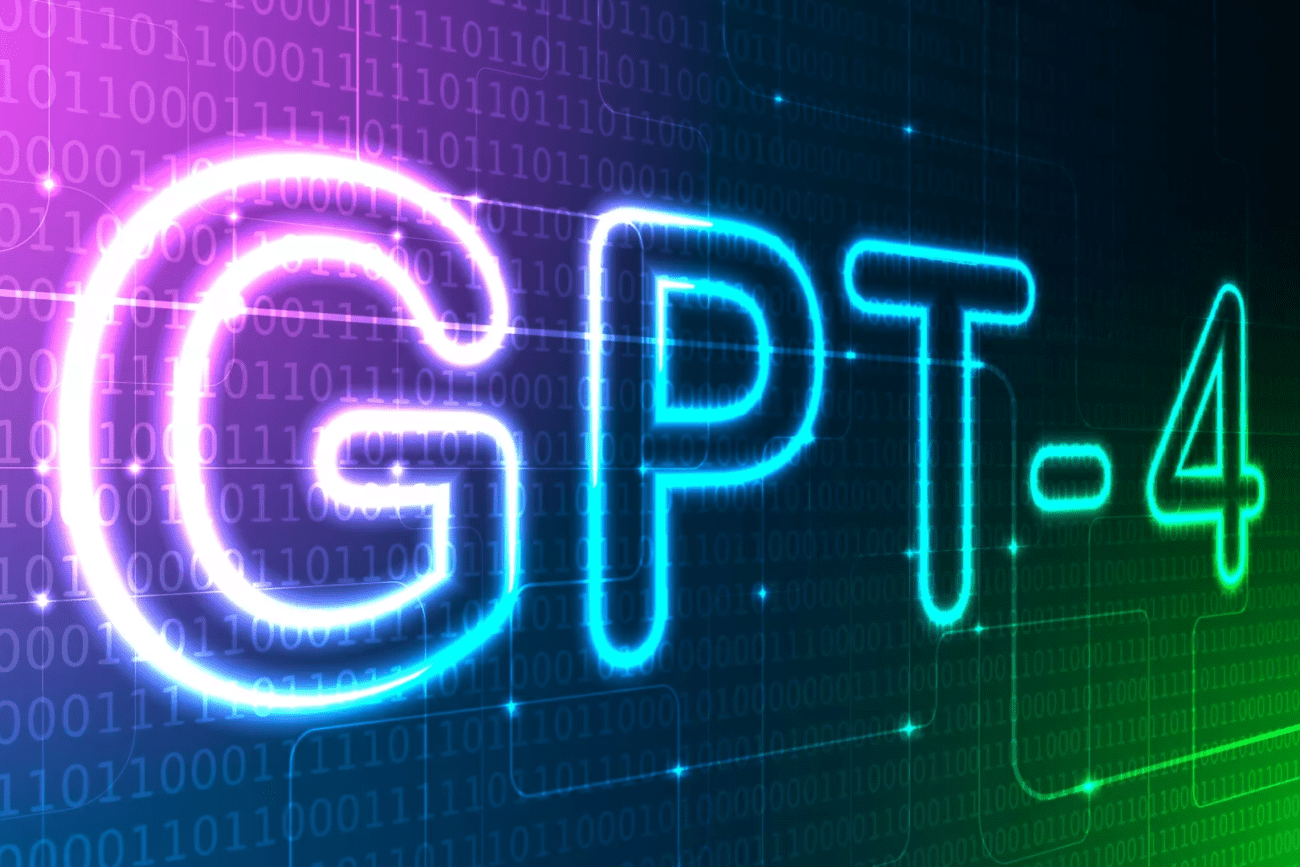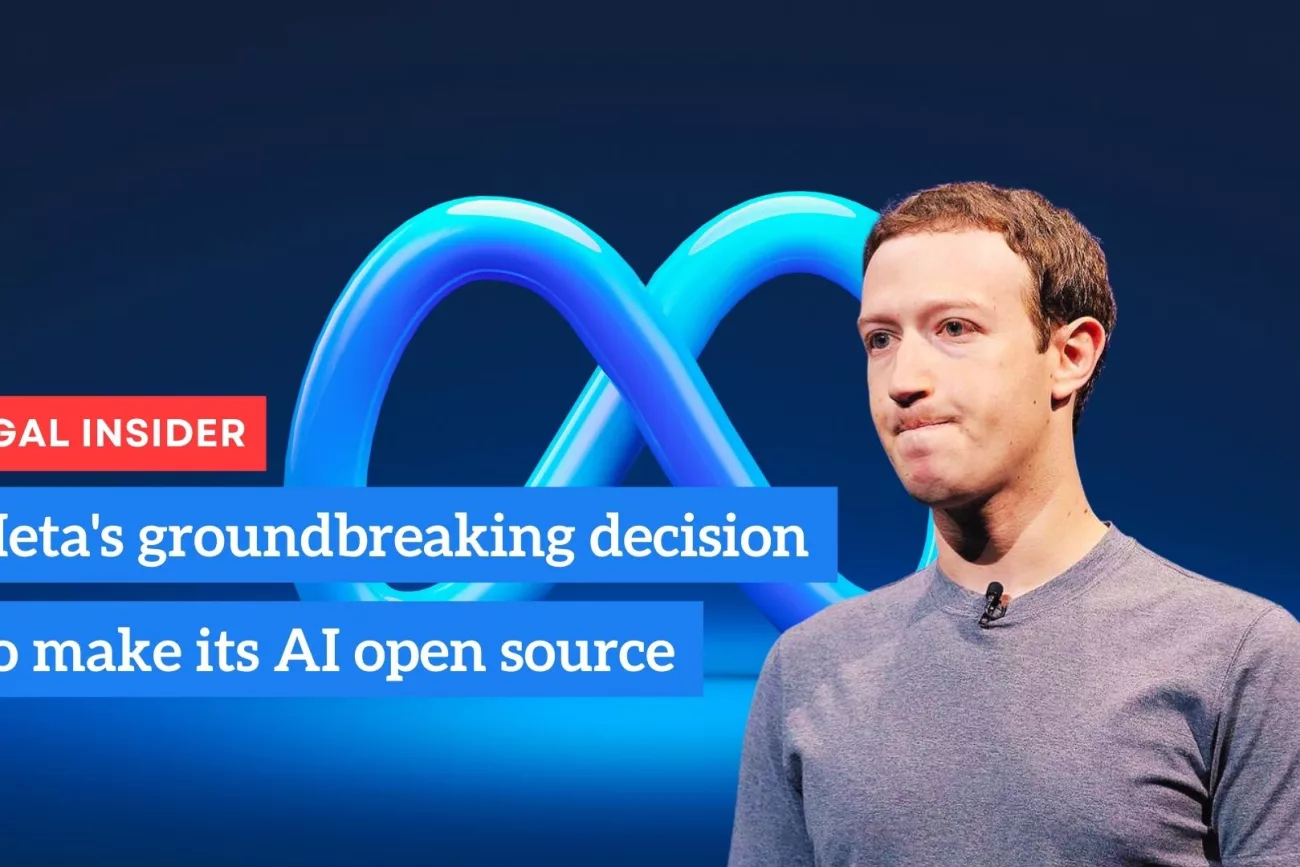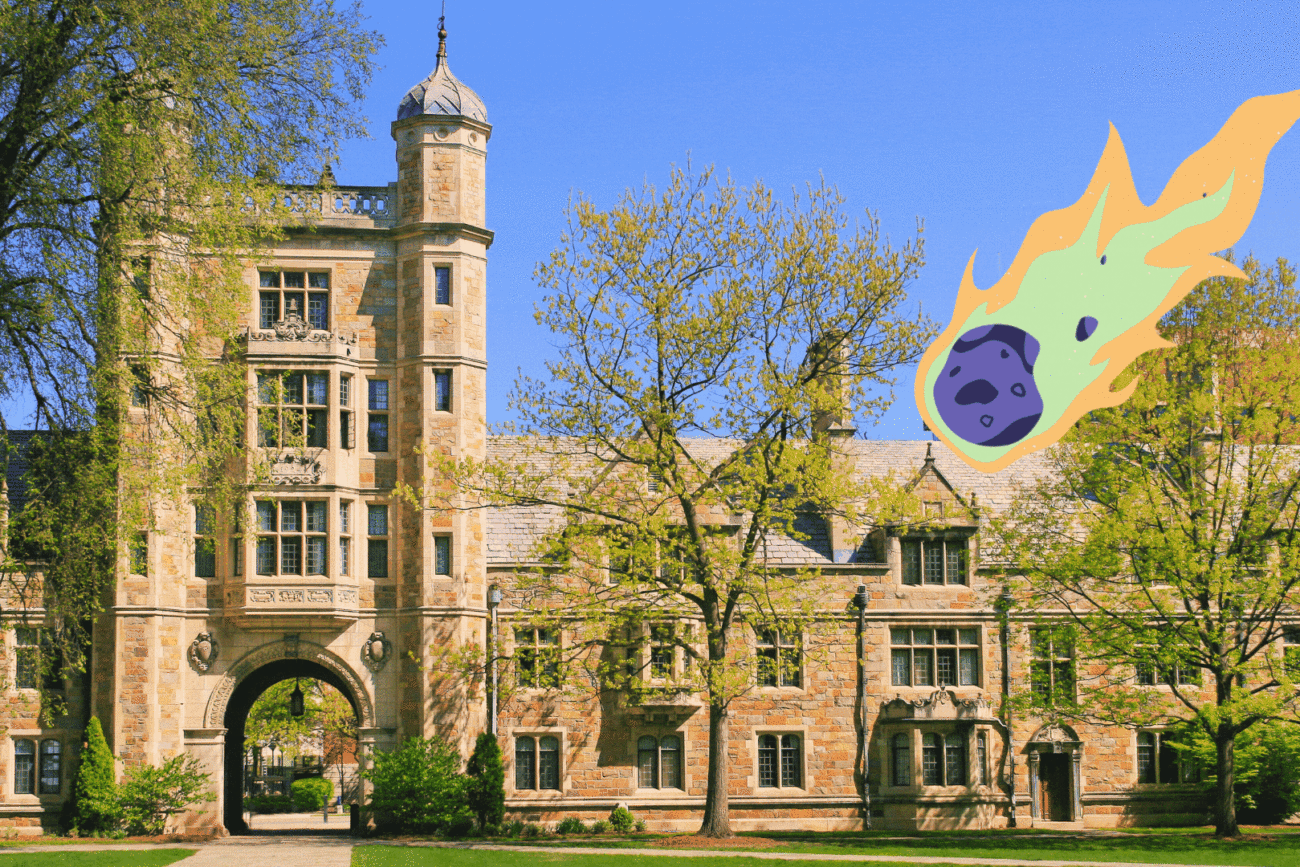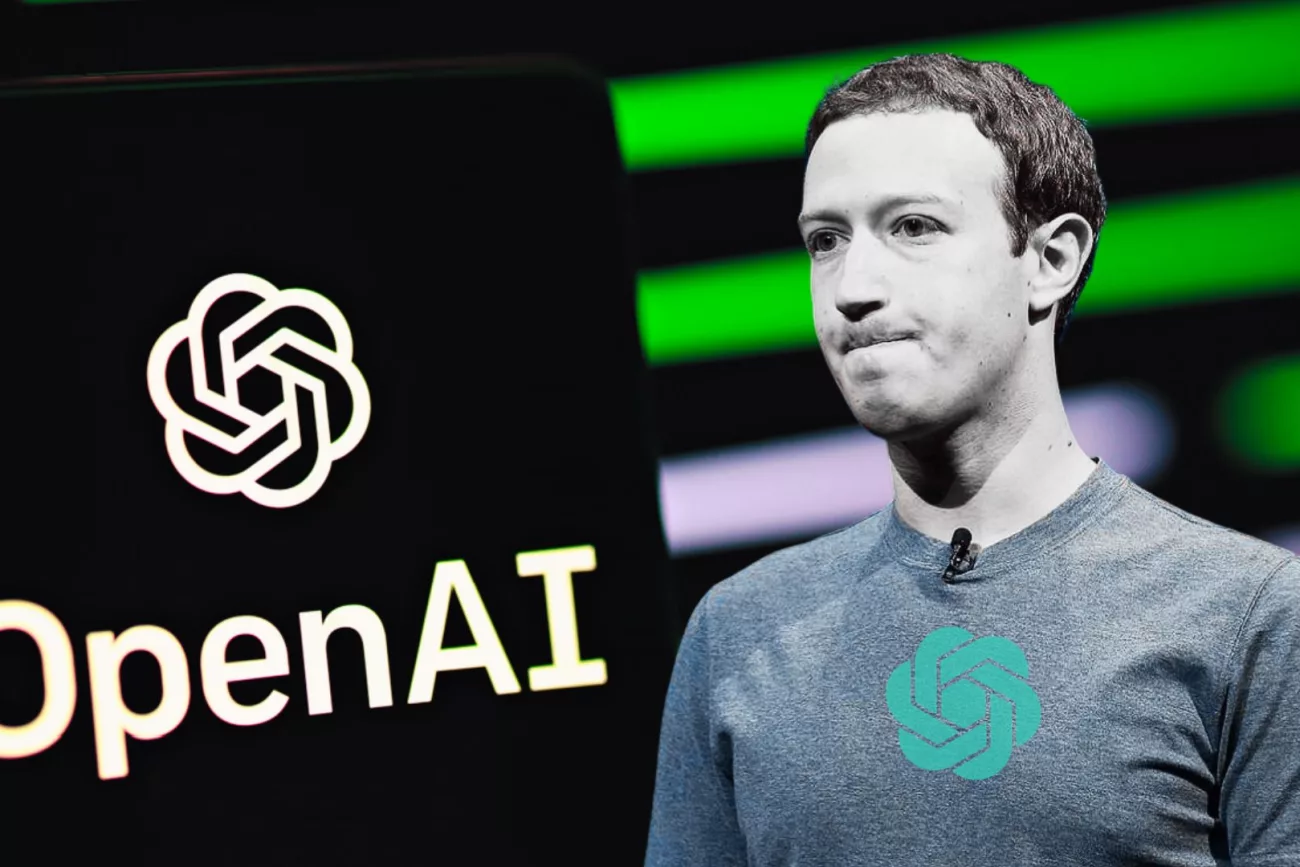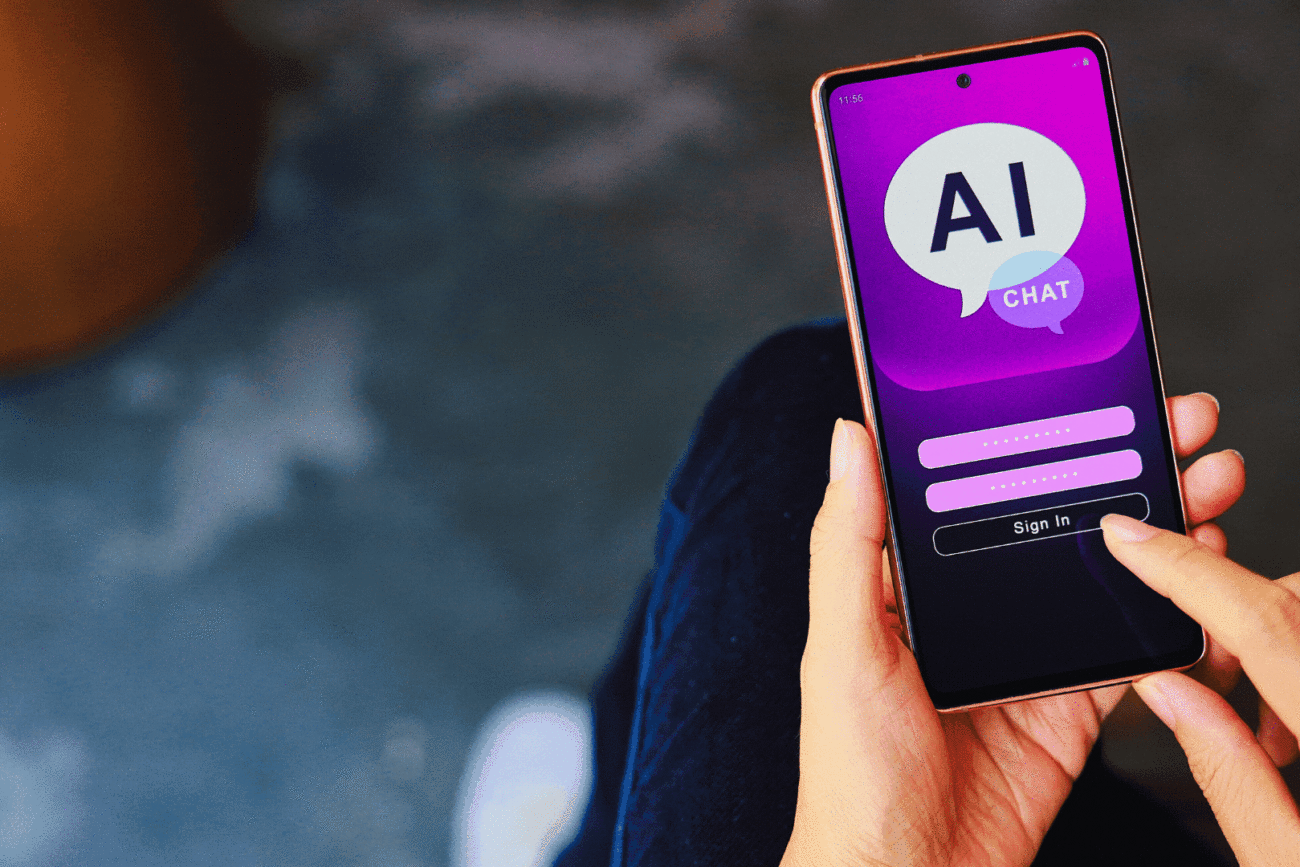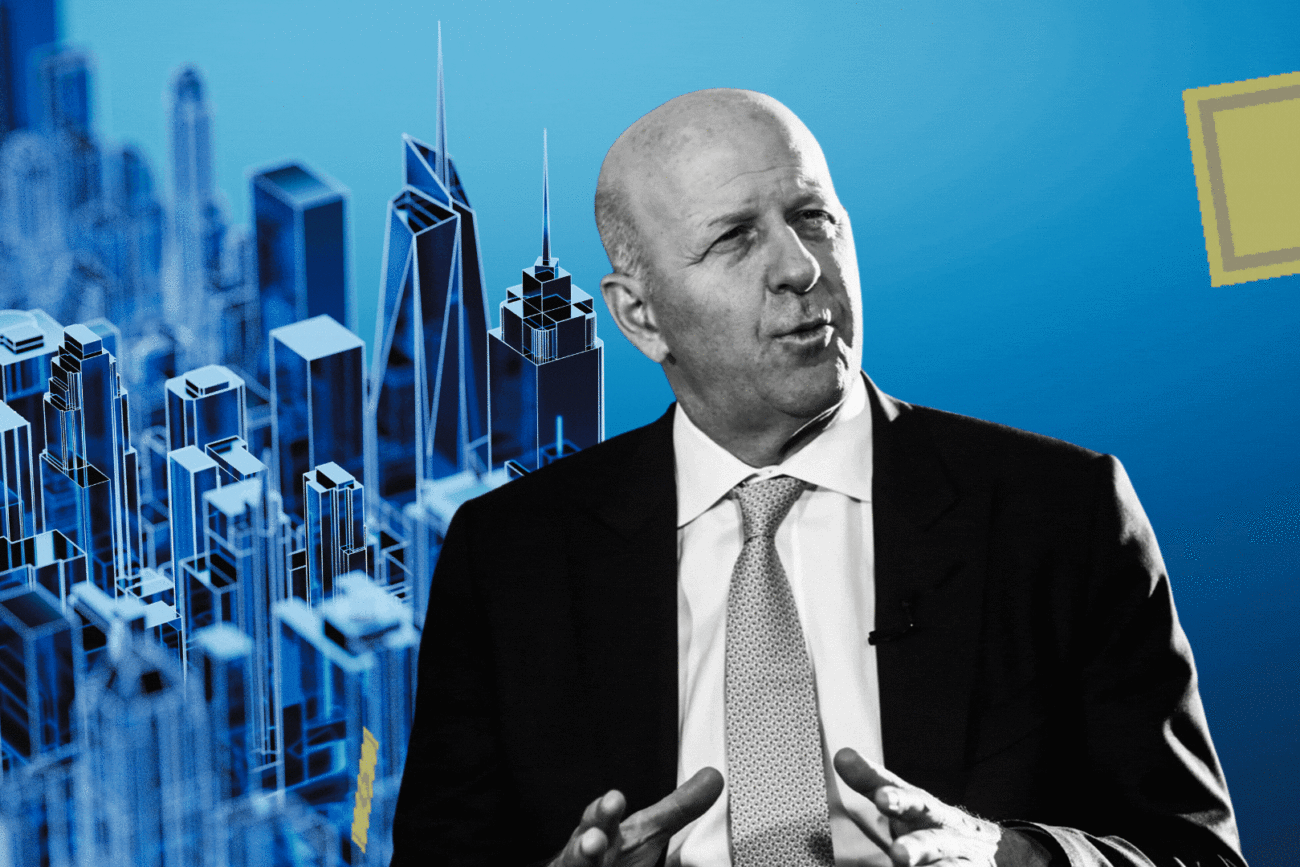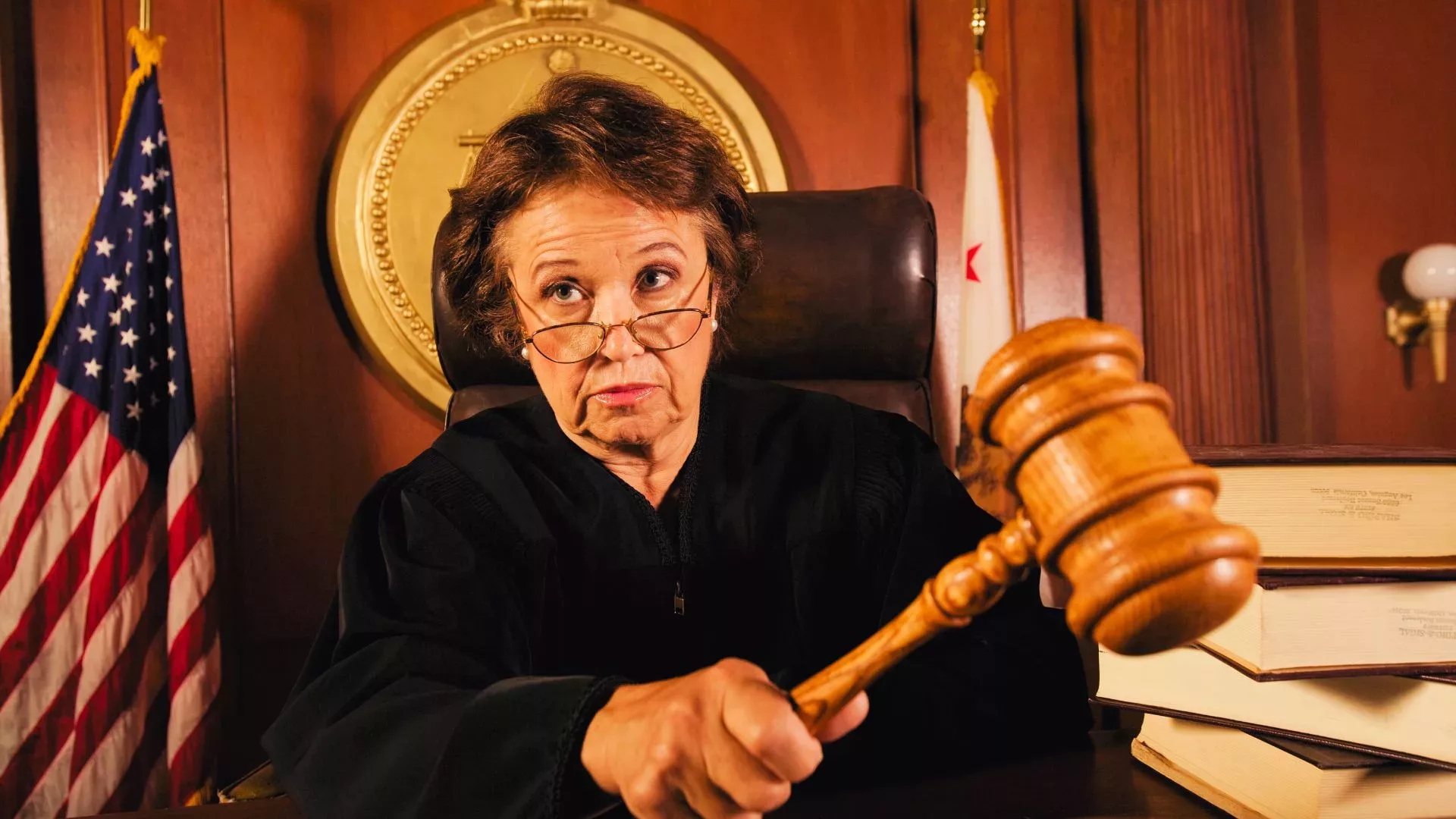
Key Points:
- Dr. Thaler’s Creativity Machine challenges conventional views on art by creating the piece, “A Recent Entrance to Paradise”.
- The legal community grapples with AI’s role in creativity, questioning if machines can truly possess a ‘spark’ of creativity.
- Judge Howell and the USCO advocate for human-centric copyright, emphasizing the essence of human experience in creativity.
- The boundaries between AI assistance and human creativity blur, raising questions about the future of copyright law.
The Copyright Drama that Lawyers Can’t Stop Talking About! 💼🤖
It’s All Human…Or Is It?
In a world where Siri sets our reminders and robots vacuum our floors, AI (Artificial Intelligence) now wants a slice of the creativity pie! But, Judge Beryl Howell of the DC Court begs to differ. Her judgment essentially boils down to: “Sorry, AI, the spotlight’s reserved for us humans!”
The Heart of the Controversy: AI’s Claim to Fame
The Stage is Set
The curtains rise on Dr. Stephen Thaler’s audacious move as he stares down the long-established behemoth: the U.S. Copyright Office (USCO). The atmosphere is thick with anticipation and skepticism. Can David take on Goliath in the world of AI and copyrights?
Delving into Tech Lingo
Enter The Creativity Machine. This isn’t your everyday AI algorithm that suggests the next song on your playlist. It’s a revolutionary piece of tech, touted to be the bridge between cold binary code and the warmth of creativity. By leveraging complex neural networks and unpredictable data patterns, this machine is on the cutting edge of generative art.
The Art Piece in the Spotlight
The image titled, “A Recent Entrance to Paradise”, is no ordinary piece of digital art. It’s the progeny of an algorithm, birthed from a sea of data. Dr. Thaler doesn’t just consider it an output; he passionately believes it’s the magnum opus of what he dubs a ‘sentient machine’. A masterpiece, he argues, deserving of the same rights and protections as any work crafted by human hands. The crux of the controversy: can a machine have the ‘spark’ of creativity?
Navigating the Legal Labyrinth 🎓⚖️
A Gavel-Pounding Query
Step aside, traditional legal debates; there’s a new question sending shockwaves through the courtrooms. The query on everyone’s lips and minds: “Can AI genuinely wear the ‘creative’ hat under our legal umbrella?” It’s not just about bytes and pixels; it’s about the soul of creativity. Does it reside only in humans, or can machines tap into this ethereal realm?
The Intent Conundrum
Law, as seasoned lawyers would confirm, isn’t just about black and white statutes. It’s layered, nuanced, and deeply rooted in the principle of intent. And this case is no exception. If a human artist intended to convey sorrow through a melancholic portrait, could an AI, despite producing a similarly evocative image, claim to possess the same intent? The intent behind a creation, as argued in countless courtrooms, plays a monumental role in legal outcomes. In the ever-evolving world of AI, determining intent is like finding a needle in a data haystack. How will the courts navigate this uncharted territory? Only time and rigorous legal debates will tell.
In the Red Corner: Advocates of the Human Touch 🧠🖋️
Leading the Charge, Judge Howell
Emerging as the champion of human creativity, Judge Howell doesn’t mince words. “For eons, creativity has been mankind’s realm. It’s an arena where we wrestle with emotions, ideologies, and introspections.” To him, the essence of copyright isn’t just about protecting an entity; it’s about honoring the human spirit, the struggles, and the stories. His mantra is unyielding: “Humans first! Human authorship is foundational for copyright.”
USCO Enters the Ring
The U.S. Copyright Office, known for its reverence for established norms, has never been one to easily embrace radical changes. Their stance has consistently been a clarion call for Team Human. They’re not merely citing age-old guidelines; they’re anchoring their arguments in the essence of human creativity. They’ve held the line, time and again, underlining the importance of the human touch in every piece worthy of copyright. To them, the strokes of a brush or the scribbles of a pen aren’t just physical actions; they’re a testament to the human experience.
In the Blue Corner: The Vanguard of AI Renaissance 🤖🎨
Dr. Ryan Abbott’s Rallying Cry
Spearheading the movement for AI’s place in the world of art and creativity, Dr. Ryan Abbott emerges with a different narrative. “In an age of technological marvels, why should creativity be confined?” he posits. Advocating for an inclusive understanding of art, he passionately declaims, “The public should benefit from all facets of creative expression, be it from the minds of humans or the algorithms of AI!”
Thaler’s Passionate Appeal
Dr. Stephen Thaler, the man who sparked this grand debate, has a simple yet profound plea. Why box creativity within the confines of human biology? His belief that The Creativity Machine’s output isn’t just another digital print but a genuine piece of art challenges our very notions of creativity. He fervently argues that if we, as a society, are open to AI aiding us in medicine, transport, and communication, why then should the world of art be any different? To Thaler, creativity is an expansive, boundless universe, and it’s high time we let AI have its rightful place under its starlit canopy.
Unpacking the Legal Frenzy: A Deep Dive into the Rabbit Hole 🎩🐇
Through the Lens of Tradition and Modernity
When the court casually mentions sentient machines as “fun conjecture for academics,” it’s more than just a quip. It’s a subtle nod to the ongoing, complex debate that academics and tech pundits have been locked in for years. Are machines just tools in the hands of their creators? Or are they emerging as entities with a semblance of independent thought, capable of creative endeavors? The court, while firmly rooted in tradition, acknowledges the contemporary discourse without fully diving into its chaotic depths.
The saga doesn’t end there. Dr. Thaler’s involvement muddies the waters. Was he just the catalyst, setting things into motion and letting AI take the reins? Or was he the puppeteer, meticulously orchestrating every move of The Creativity Machine? The court found itself navigating a labyrinth where the lines between the maestro and the masterpiece became eerily hazy.
The Tipping Point: When the Scale Tips and the Plot Thickens 🥂⚖️
A drama of this magnitude wouldn’t be complete without its twists and turns. And boy, did it deliver!
At the heart of the matter was Dr. Thaler’s original declaration: a work of art, birthed by AI, devoid of any human interference. It painted a picture of an AI autonomously crafting a masterpiece, much like Michelangelo sculpting David. However, as the plot unfolded, Dr. Thaler dropped a bombshell, suggesting he wasn’t just a passive spectator but the guiding force, the North Star, if you will, directing the AI’s course.
This revelation wasn’t just a minor detail; it became the linchpin of the entire legal saga. Could Dr. Thaler’s latter claim of involvement offset his original assertion? The court found itself on a tightrope, balancing between the age-old tenets of copyright law and the rapidly evolving narrative of AI’s role in creativity. It became evident that the outcome would hinge on this crucial piece of the puzzle, making or breaking Dr. Thaler’s copyright dream.
Beyond the Verdict: Venturing into Uncharted Waters 🚢🗺️
The Unyielding Drama Continues
Even after the courtroom echoed with the gavel’s sound, the tale didn’t end. A resilient Dr. Thaler is already contemplating a comeback— an appeal is waiting in the wings. For those who adore legal cliffhangers, the show is far from over.
Broader Implications:
But the plot is thicker than just one courtroom showdown. It poses larger questions for our legal framework. If we need our lawmakers to adapt to an era of TikTok and Twitter, how much more must they evolve to accommodate the titanic shifts AI promises? The pulse of the wider legal community quickens in anticipation. A mere verdict isn’t enough; what they’re really yearning for is a monumental shift in copyright legislation.
Food for Thought 🍎🧠
What Lies Ahead?
Envision an AI penning an iconic ballad or crafting a bestselling novel. It’s not the stuff of sci-fi anymore but a tangible reality looming on the horizon. As AI blurs the lines of creativity, where do we stand legally? If an AI churns out a chart-topping track, should Spotify send royalty checks to… whom exactly? The motherboard? The coder? These are more than just rhetorical musings; they’re pressing questions demanding answers. Do our current legal instruments have the nuance and flexibility to address these challenges? Or are they archaic tools trying to fix futuristic issues?
The Legal Saga Beckons! 🎭
This whirlwind of a debate isn’t dying down anytime soon. As it rages on, fuelled by each groundbreaking development, make sure you don’t get left behind.
📣 All you legal aficionados out there, the stage is set! 🎤💬
Dive deep into the discourse, challenge the status quo, and let your voice echo in the corridors of justice. Subscribe to our newsletter for a front-row seat to these exhilarating legal odysseys. Your next eureka moment could be just an article away!
Engage. Innovate. Revolutionize. 🌍🏛️ Because the future waits for no one. And neither should you.
Share this post
Frequently Asked Questions (FAQs)
Q: What's the core of the copyright controversy?
A: At its heart lies the question: can AI-generated content, devoid of human intervention, be eligible for copyright?
Q: Who championed the AI's claim to creativity?
A: Dr. Stephen Thaler, with his Creativity Machine, sparked this debate, contending that AI outputs deserve copyright like human-made art.
Q: What's the stance of the U.S. Copyright Office?
A: They remain firm on their long-standing principle: copyright honors the human spirit, experience, and touch in the creative process.
Q:Did the court acknowledge the role of AI in creativity?
A: While rooted in tradition, the court recognized the debate without fully endorsing AI’s creative endeavors.
Q:Are there larger implications beyond the courtroom decision?
A: Absolutely. The case underscores the broader need to reassess our copyright laws in light of technological advancements, including AI.



